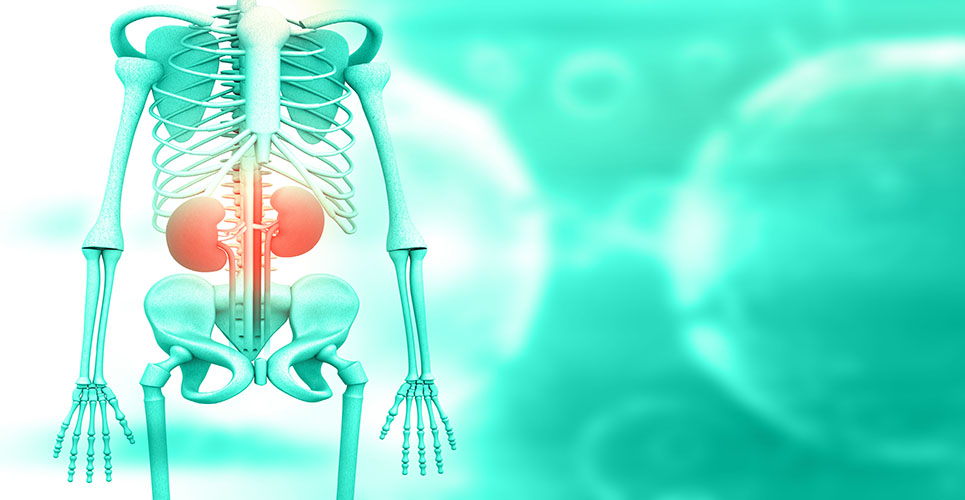teaser
Results of a subanalysis from the FAIR-HF (Ferinject Assessment in patients with IRon deficiency and Chronic Heart Failure) study demonstrate that correcting iron deficiency with Ferinject (ferric carboxymaltose) can improve renal function in chronic heart failure patients.
Ferinject is an intravenous (iv) iron product used to treat iron deficiency and iron deficiency anaemia.
These results were presented at the Heart Failure Association’s Late Breaking Clinical Trials Session in Berlin, Germany, by Dr Piotr Ponikowski, Professor of Cardiology from Wroclaw, Poland.
The authors of the FAIR-HF studied the effects of Ferinject (ferric carboxymaltose) on renal function in iron deficient, anaemic or non-anaemic patients with chronic heart failure (CHF). Renal dysfunction commonly complicates the natural course of CHF as it makes patients susceptible to more severe symptoms and increases the risk of hospitalisation and death. Current CHF therapies appear to have little or no beneficial effect on declining renal function due to CHF.
“The results of the subanalysis are exciting findings for cardiologists and nephrologists who treat these patients, and need to be investigated further,” said Dr Piotr Ponikowski, Professor of Cardiology at the Medical University in Wroclaw, Poland.
“Many patients with CHF have renal dysfunction which is strongly related to poor health outcomes. None of the therapies used currently or recommended for CHF patients have a favourable effect on renal function. Thus, there is great interest in treatments which may have renoprotective properties.”
In total, 459 patients with CHF and iron deficiency were studied in 75 sites around the world. Two-thirds of the patients received Ferinject weekly until the iron deficiency was reversed, with monthly treatment (maintenance phase) thereafter until week 24. The remaining patients received a placebo. Renal function was evaluated by assessing the estimated glomerular filtration rate (eGFR) at baseline and throughout the study (at weeks 4, 12 and 24). Increased eGFR corresponds to increased renal function, ie, improvement.
To find out more please click on the link below:
Vifor

